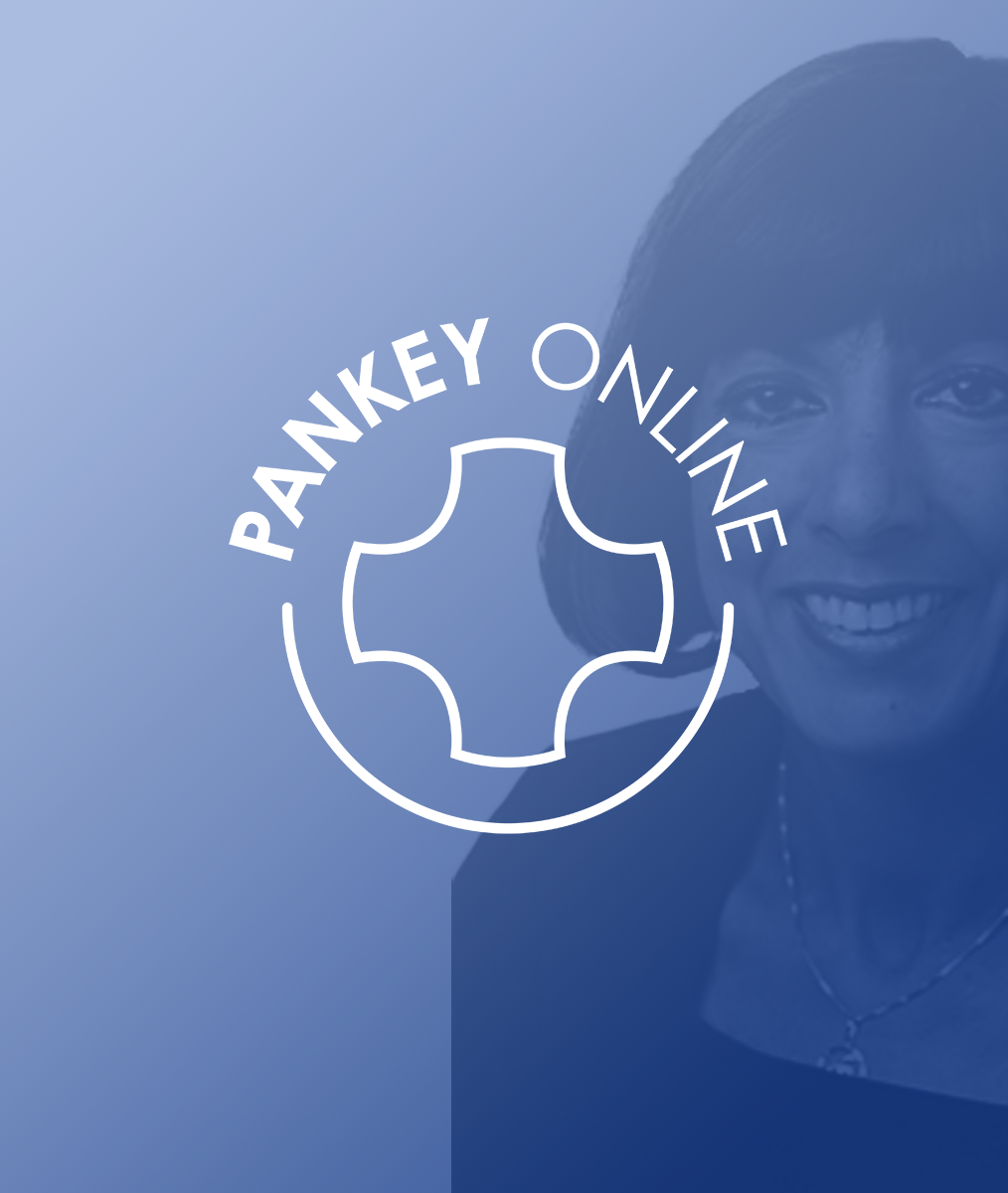
A Pankey Philosophy Overview
Philosophy has to do with the relationship between belief and action. In the end philosophy is what gives meaning and purpose to our lives. As dentists who are consciously aware of our own beliefs and what holds meaning to us, our daily work and our routine are not merely unrelated actions and episodes, but integral parts of our personal lives.
There is an important distinction to be made between having a philosophy and living a philosophy. “Having” a philosophy implies having an idea or set of ideas, but it doesn’t necessarily mean that those ideas are being acted on. Learning can best take place when we are “living” a philosophy—that is, living in a state of inquiry—based on our personal values, our knowledge of ourselves, and our individual goals.
Questions lead to answers.
According to Jim Dyce, a British dentist/philosopher and good friend of L.D. Pankey, “Philosophy can do no more than initiate questions.” When Dr. Pankey decided to devote his life to saving teeth, he was forced to ask himself a difficult question, “How can I help people keep all of their teeth for a lifetime?” In 1925 L.D. didn’t know the answer. Out of that question he was able to uncover and develop many principles which have proven instrumental in the understanding of comprehensive restorative dentistry and patient education. Therefore, Philosophy, in its most valuable form, is more about asking right questions than with right answers.
How useful the Pankey Philosophy will be to you depends on how willing you are to put yourself in the questions. In the process of moving toward the answers to your questions will help you clarify your goals and ways to accomplish them. Questions can open the floodgates to new insights and information for you.
How do you define and measure success?
The Pankey Philosophy itself seems simple enough at first glance. Each one of us must decide for ourselves what and how to measure our success. Once we have conceived an idea of success, we must believe in it, and then work out ways to achieve it. Achieving the greatest success in dentistry–both gratitude from our patients and financial and spiritual reward, requires a commitment to always give the best you can. This involves knowing yourself, knowing your patients, knowing you work, and applying your knowledge conscientiously.
Dentists can fall into a rut of boredom and frustration.
This sobering statistic may have been attributed to two main factors related to the practice of dentistry. First, dental work is usually confined to a small office, where dentists go day after day, week after week. Second, once dentists become good at what they are doing, their work becomes very much the same. The result could be developing a feeling of not being appreciated by their patients and staff. Or maybe feeling being trapped in their small office. They may think they are not achieving much in the way of mental stimulation, and start wondering to themselves “Is this all there is to dentistry?”
Now, this is not to say that all or even most dentists live lives of “quiet desperation.” Yet most dentists have felt they are in a rut at one time or another, at which point it becomes increasingly difficult to see the real rewards in this great profession of dentistry. Reviewing your questions again can pull you out of the rut.
Dentists can climb out of the rut through increased service to mankind.
In 1947 L.D. began teaching the Philosophy of the Practice of Dentistry which he had been developing since 1932. His purpose was to help dentists confront and move past feelings of frustration and boredom. L.D. wanted to move dentists toward higher levels of excellence in their technical work, improve their communication skills with their patients, and achieving greater satisfaction in their lives through increased service to humankind.
Are your goals clear and well-defined? Are you willing to pay the price to achieve them?
L.D recommended dentist look more closely and objectively at themselves and their individual situation. He would suggest asking his class to really think about their goals. He would ask them,” Are your goals clear and well-defined? Can you measure your goals so you can measure your success? Do your goals belong to you or are they someone else’s goals? Are you willing to pay the necessary price to achieve them? Are your goals and objectives in line with your circumstances and temperament?” Satisfaction is achieved not only in reaching your goals, but also by understanding the progress you are making during your journey as you move slowly and steadily toward them.
As poet and musician Bob Dylan wrote, “He who is not busy being born is busy dying.”
Understanding the Pankey Philosophy can help you transform your experience of practicing dentistry, increase predictability, profitability and fulfillment. The Essentials Series is the path we urge you to take. Essentials 1: Aesthetic and Functional Treatment Planning is where your journey begins. Following a system of risk assessment, patient ownership and risk management creates technical excellence and predictability.
Related Course
Early Orthodontics: A Guide For General Dentists
DATE: December 6 2024 @ 2:00 pm - December 6 2024 @ 4:00 pmLocation: Online
CE HOURS: 2
Course Description: This course is designed for general dentists who do not necessarily have any orthodontic training or knowledge. It focuses on helping practitioners to develop a holistic and…
Learn More>






